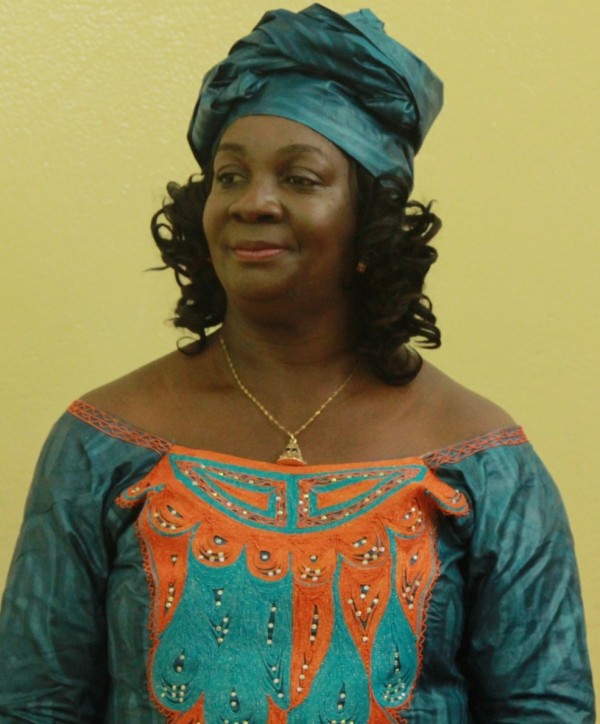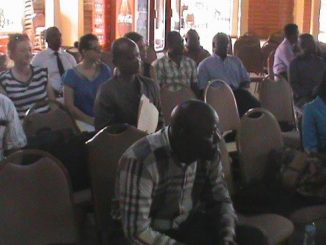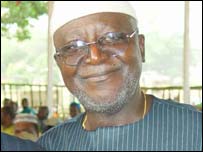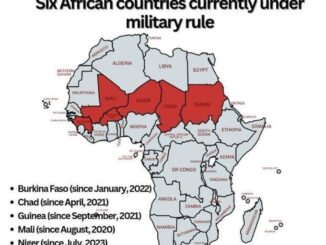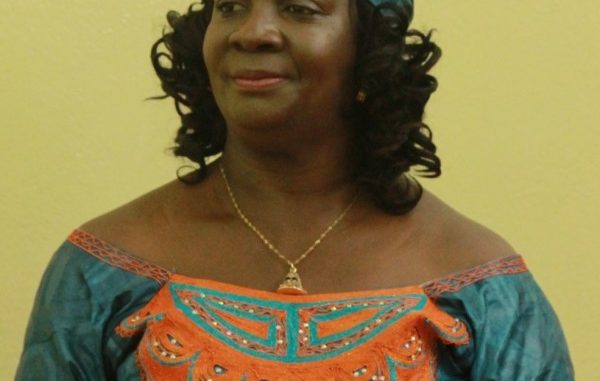
By Jonathan Abass Kamara
Sierra Leone is to participate in the Health Environment and Climate Change Ministerial Meeting at the conference of the parties to the UN Framework Convention on Climate Change schedule to take place on Tuesday, November 15, 2016 at Blue Zone Moroccan Pavilion, Morocco.
Deputy Health and Sanitation Minister 1, Madam Madin Rahman
The meeting which is designed for 150-200 participants with the Deputy Minister of Health and Sanitation 1, Madam Madina Rahman deputizing the Minister of Health and Sanitation Dr. Abu Bakarr Fofanah will address key areas on the current state of progress on environmental health risks and opportunities, mobilization of the health and environment communities on a common agenda, measuring country progress on health and environment, and assessing the health gains that countries can expect through more ambitious actions.
Health and Environmental Ministers, Senior government negotiators and policy makers, the health development partners, environmental NGOs, Technical experts, academics within the field of health and the environment, and inter-governmental agencies would be looking at a range of areas for sustainable development, provide an opportunity for participants to commit to implement the agreed actions within their own countries, and to support their integration into environment and development decisions and operating mechanisms, beginning with subsequent conferences of the parties, discuss the proposed actions in July 2016, and to outline a roadmap to advance the agenda through high-level health and environment 2017 meetings.
Recent work by WHO has shown that almost one quarter of the global burden of disease is attributable to modifiable environment risk factors. These diseases are stroke, ischemic heart disease, diarrhea and cancers heading the list.
All of these environmental risk factors, according to WHO are strongly coordinated by social conditions. The poorest populations, both within and between countries, bear the greatest disease burden. Global environment and social changes, including climate change urbanization and ecosystems disruption are exacerbating many of these risks.
Earlier, on Monday November 7, 2016, in another engagement, the Deputy Minister with a selected group of representatives from the private sector, private foundations, governments and bilateral cooperation agencies, international agencies, NGOs and Civil Society, religious and traditional leaders attended the “Leaving no one behind”: New Models of development and inclusiveness for maternal and newborn health held in Casina Pio IV, Vatican City.
The UN identified maternal and newborn health as one of the starkest health inequities of our time as 99 percent of maternal and newborn deaths occurs among the poorest population of the world. The UN in 2010 issued the UN Secretary General Global Strategy for Women’s and children health as a call for action for governments, academia, international cooperation agencies, UN agencies, civil society, business and industry to work together to improve women’s and infants’ health. At the UN General Assembly in 2015 this call has been renewed and integrated in the Sustainable Development Goals agenda.

